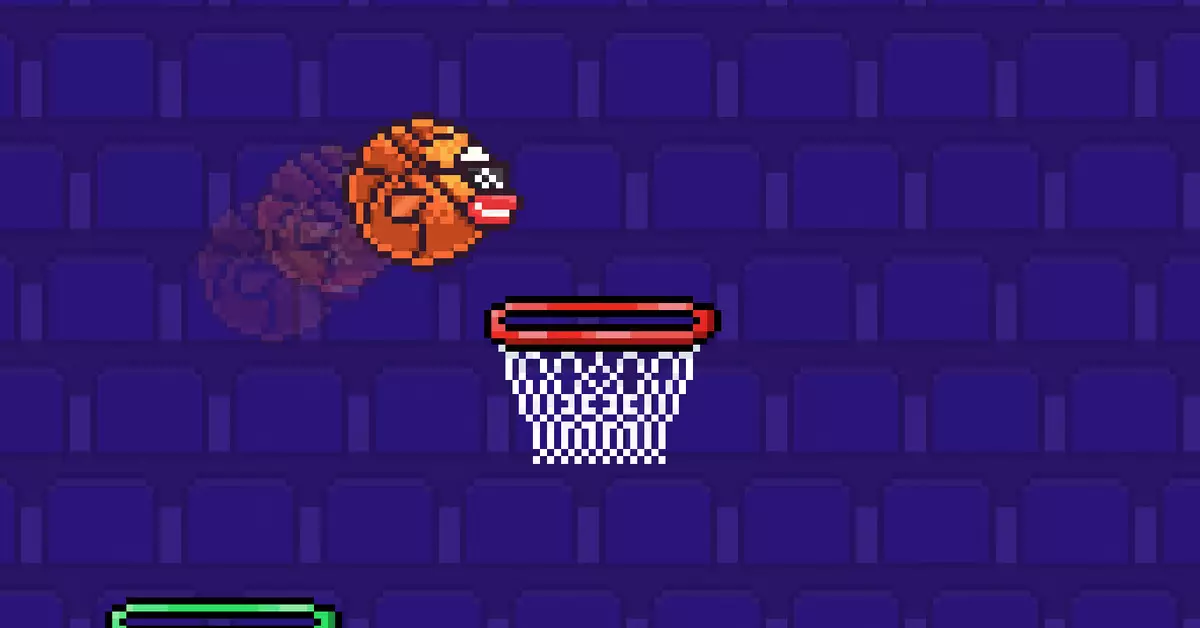The world of mobile gaming buzzed with excitement following the announcement from the Flappy Bird Foundation about a revival of the game that captivated millions back in 2013. While many enthusiasts envisioned a grand comeback of a beloved classic, the original creator, Dong Nguyen, has clarified his lack of involvement in this project. This quandary highlights a peculiar intersection of nostalgia, ownership, and the evolving landscape of mobile games in the digital age.
In a surprising move, Dong Nguyen, the brain behind the original Flappy Bird phenomenon, took to social media after six years of silence to declare that he has no ties to the new game. This statement adds a layer of complexity to the narrative crafted by the Flappy Bird Foundation, which claims to have acquired the game’s rights through Gametech Holdings, LLC. Intriguingly, while Nguyen’s initial withdrawal from the gaming scene seemed more philosophical than transactional, the mechanics of trademark ownership and rights acquisition have taken center stage here. The implication that Nguyen has “not sold anything” raises questions about the legitimacy and ethical considerations of the new project.
The Flappy Bird Foundation’s promotional strategy leans heavily on nostalgia, as evidenced in its trailers that reminisce about the game’s meteoric rise and sudden demise. By invoking the emotional connection players have with the game, the foundation seeks to attract a demographic that might not be aware of the underlying developments regarding trademark disputes and Nguyen’s lack of involvement. This tactic has proven effective in marketing, but it also obscures vital truths about the game’s revival.
The promotional materials emphasize that “In 2024, Flappy Bird will fly again,” but the excitement must be tempered by the ethical considerations surrounding its return. Is it genuinely a revival, or merely a commercial venture capitalizing on a childhood classic, devoid of its original creator’s vision?
Adding an intriguing twist to the buzz surrounding Flappy Bird’s return is the potential incorporation of blockchain technology. Speculations abound, supported by hints from the Flappy Bird website that suggested a move into Web 3.0. The implications of creatively integrating cryptocurrency into gaming could represent a significant evolution for Flappy Bird, appealing to a new generation of players.
However, despite the enticing jargon of building, creating, and owning, the fundamental issue remains that the essence of Flappy Bird lies in its simplicity and addictive gameplay. Will the introduction of these new elements enhance or dilute what made the game memorable in the first place?
As the dust settles on this revelation, the future of Flappy Bird is uncertain. While the Flappy Bird Foundation may be excitedly planning for a 2024 launch, the absence of its original creator and the complexities of trademark disputes taint the excitement. It’s essential for artists, fans, and developers alike to tread carefully in this landscape, where nostalgia and ethics intersect in unexpected ways. Only time will reveal whether Flappy Bird’s flight will lead to triumphant heights or a reliving of past disappointments.


Leave a Reply